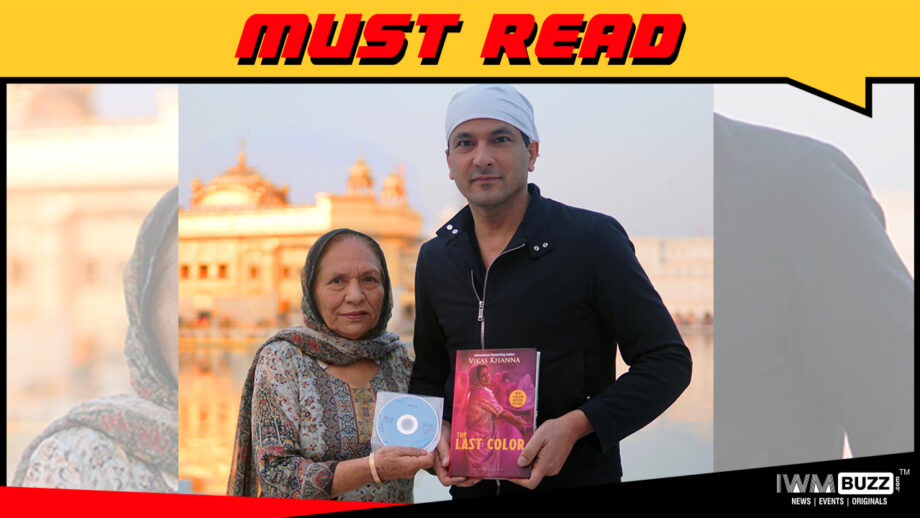New York-based Master-chef Vikas Khanna has so far distributed 7 million dry ration meals across 79 cities in India during these last two months of lockdown.
“And those meals include the 200,000 meals served for Eid across the country. We wanted it to be the largest Eid feast ever in spite of the lockdown,” says Vikas who began cooking professionally at the age of 17 at weddings and banquets in his home-town Amritsar.
Now 31 years later, having achieved the kind of global success that no other chef in India can dream of, Vikas finds much comfort in serving food to the hungry who can’t afford or obtain regular meals at this time of unimaginable hardship.
Working relentlessly from NY to feed those in India most ruthlessly affected by the Covid 19, Vikas feels a sense of self-fulfillment that only the sufis and the most sorted saints of the world are allowed to feel.
Vikas laughs, “I am neither a saint nor a Sufi.I am just a regular emotional guy who loves to feed people. Of course, my efforts won’t always be appreciated. And I am prepared that. Even now as my dedicated associates in India work relentlessly to bring food to the hungry, the haters on Twitter are trolling me mercilessly. What I do? I just ignore them. My mother always says, Beeta, heere tak pahunchne he liye koyle ke khaan mein bahot neeche jana padta hai(Son, to reach the diamonds you’ve to dig really deep into the coal mine). I am happy to say I’ve been digging deep into the coal mine, and the rewards have come in the outpouring of thankyous from people all over.”
One diamond-in-the-coalmine moment came for Vikas the other day when a lady from a leprosy institution called to thank him for the food in her belly. “You see, regular deliveries of food to old-age homes, orphanages and leprosy centres are a top priority for our #feedindia campaign, specially the leprosy centres in West Bengal.”
It was from one such centre that Vikas received a phone call the other day which reaffirmed his faith in the power of food to bring people together. “The lady wanted to thank me and wanted to know how she could show her gratitude. I told her she can treat me to a cup of tea when I will visit her. ‘You will come to have tea with me here, to this (leprosy-infected) place?’ I said why not? The risks that we take to reach the food into infected areas are not what we think about. You will be shocked at the high levels of risks my colleagues take. Just to see that smile on a face .”
And yet, for all their efforts Vikas’s food soldiers often encounter naked hostility among the recipients. “We recently added packets of sanitary pads to the food being distributed in five cities. They threw the pads back in our faces saying they won’t accept dirty benefits with the food.”
Such incidents do not deter Vikas. “Not at all. I am not in this for the rewards. As I speak to you I am facing any number of co-ordination problems. But I know it will all come together at the end. Good intentions never go astray. I am happy to tell you we’ve converted 40 fuel stations to food stations on highways across Uttar Pradesh, Bihar and Maharashtra. Our kitchens in Mumbai and NOIDA are fully operational serving cooked meals to thousands. Yes, I am able to feed thousands. But I wish it could be many more.”
Looking back, Vikas has much food for thought. He is multiple Michelin winning chefs acknowledged as a wizard of the culinary kingdom. He is also a filmmaker having just directed Neena Gupta in the globally lauded feature film The Last Color. And yet feeding the needy during this time of an unprecedented crisis is an experience beyond all achievements.
“Nothing can equal this,” sighs Vikas as he hurriedly gets back to the logistics of feeding thousands across India from his apartment in New York.


